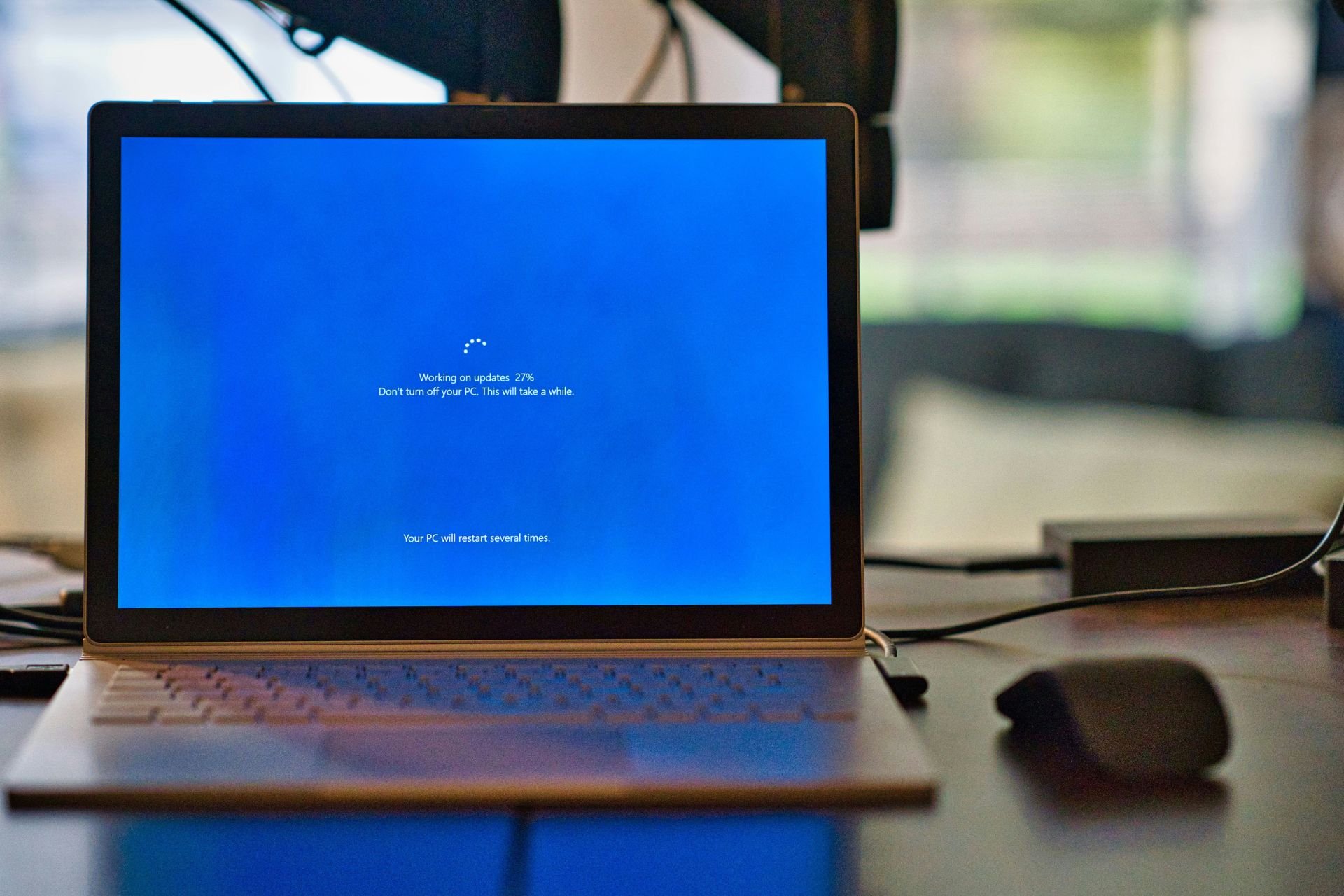Windows 10 inherits a kernel bug that's existed for 17 years
2 min. read
Published on
Read our disclosure page to find out how can you help Windows Report sustain the editorial team Read more

Bugs are definitely an inconvenience to users, serving as pathways for attackers to gain access to a system. In fact, a bug is more like an unlocked back door. It has been recently unearthed that malware developers will be able to exploit a programming error in the Windows kernel and go undetected. The malicious modules will be loaded at runtime and even these can successfully avoid detection.
The bug apparently affects PsSetLoadImageNotifyRoutine, one of the mechanisms employed by security solutions to identify whether or not code has been loaded into the kernel or user space. Attackers can exploit this bug such that the PsSetLoadImageNotifyRoutine throws an invalid module name and with this, the attacker will disguise the malware as a legitimate operation.
The worst part, however, is that the bug affects all versions of Windows that have been released since Windows 2000. However, the issue only came to the light when Omri Misgav, security researcher at enSilo, discovered it while analyzing the Windows kernel code. The error has been inherited by Windows 10 as well.
At this point we were sure we figured out what causes the problem though what eluded us was how can it be that this bug still exists? And there’s no obvious solution for it?
PsSetLoadImageNotifyRoutine was introduced as a notification mechanism to notify app developers of newly registered drivers. Moreover, the mechanism was also integrated with antivirus software to allow the detection of malware that made changes to drivers.
Microsoft, on the other hand, doesn’t see this as a potential security issue and according to researchers, the bug was somewhat known. Since its root cause and other details are still not available, it’s very hard to substantiate their claims.
RELATED STORIES YOU NEED TO CHECK OUT:








